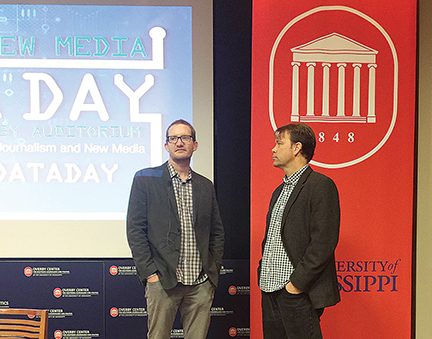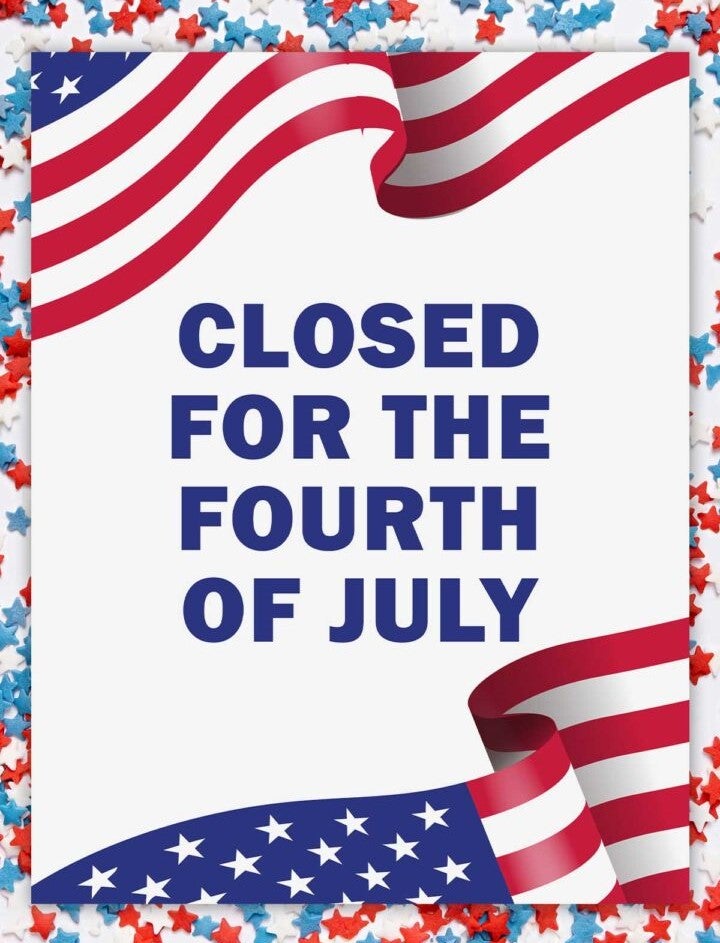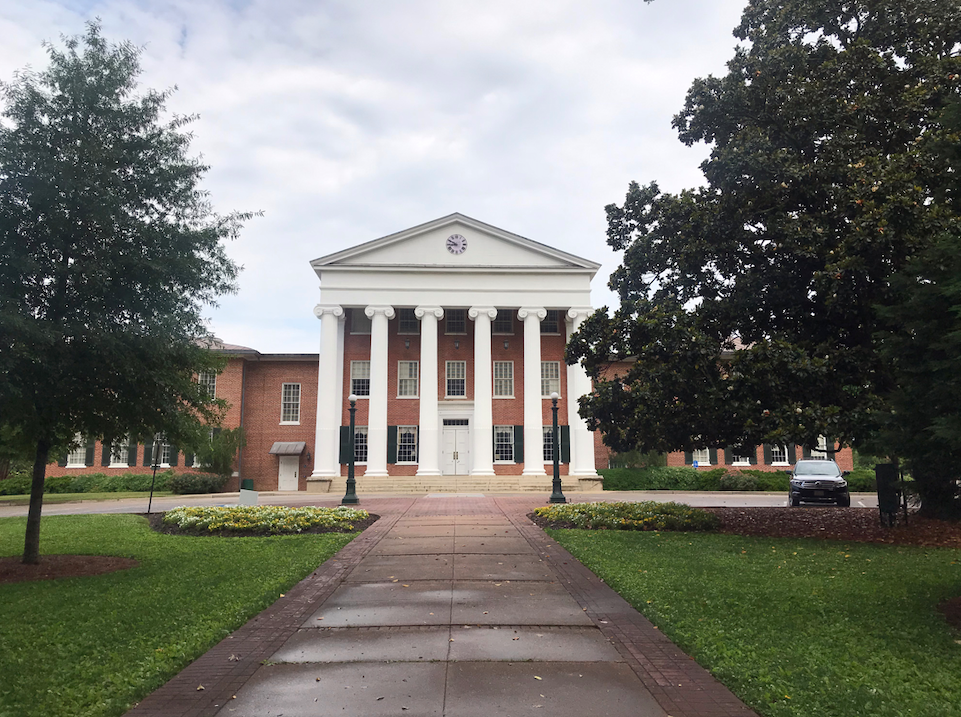Data Day focuses on technology
Published 12:00 pm Friday, November 6, 2015

- Eric Schnabel, director of North America, Facebook Creative Shop, and Sean Callahan, senior manager of content marketing at Linkedin, were the guest speakers for Thursday’s Ole Miss New Media Data Day at the Overby Center.
The microprocessor in your smartphone is 1,000 times faster than the microprocessor in the Apollo 11 launch computer. As technology becomes faster with greater capabilities, the importance of data analysis also increases.
“You hear so much about big data and all the innovative ways that companies are using data,” said Scott Fiene, program director and assistant professor of integrated marketing communications at the University of Mississippi.
Fiene introduced the speakers during the Ole Miss New Media Data Day event held Thursday in the Overby Center.
“That’s what we’re here to hear more about today,” he said. “The speakers we’ve got are not only from organizations you’ve heard of and are familiar with, but their backgrounds are in journalism, writing, PR and advertising.”
Eric Schnabel, director of North American Creative Shop for Facebook, and Sean Callaghan, senior manager of content for LinkedIn, were the featured speakers.
After two decades of working in advertising and journalism, Schnabel joined Facebook in 2011. He leads a team of creative strategists who implement ideas that shape how the world’s largest marketers use Facebook and Instagram to drive business growth.
“There’s been a proliferation of smartphones, and that’s changed the way that we capture our moments and the way that we consume content,” Schnabel said during the event. “What that has created is an unbelievable opportunity for storytellers … the ability to work across platforms, to know who your audience is.”
Schnabel said collecting data and using it for marketing makes businesses “sharper, smarter, makes your visual choices more specific and more powerful.”
“The message to storytellers in the room who might not think data is relevant to them — data is everything to you,” he said.
He said data helps serve up content that is more relevant.
“That causes the first shift in media consumption that we’ve seen in half a century,” said Schnabel. “That’s where data and creativity come together — by taking the things that we know about people, taking the things we love and serving them content.”
Callahan, a former marketing director, editor and reporter at Crain Communications, is the co-author of The Big Data-Driven Business, a book that discusses what it takes to create a thriving business culture focused on analyzing data and acting on that information.
“It really helps you give them a message that you want to hear,” he said.
Callahan said 90 percent of the existing data has been created in the past two years.
He said the Obama campaign was able to raise an extra $60 million by figuring out which version of their website worked best and drove the most emails.
“It’s about getting a great idea and honing it so that it works much better,” he said.
Callahan said new mobile devices have created a content boom so humans use data-driven feeds to sort through the clutter.
He said the ability to use data to find audiences has sparked an explosion of creativity for storytellers.
The world’s greatest advertisers are now applying the marketing science they’ve always had to make ads better.






